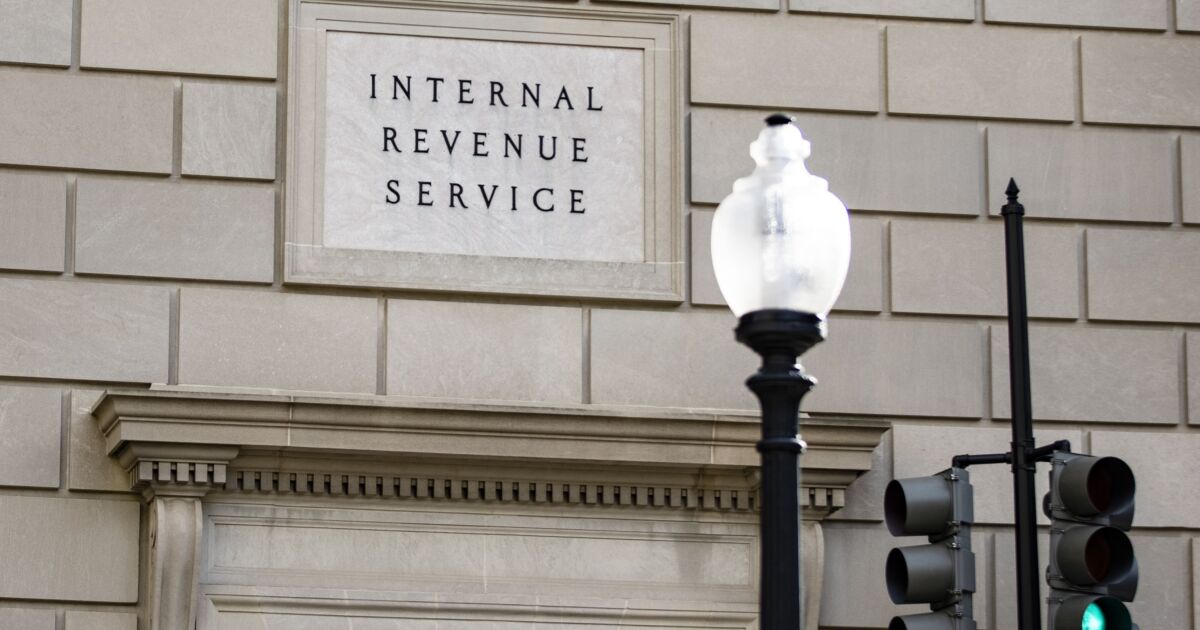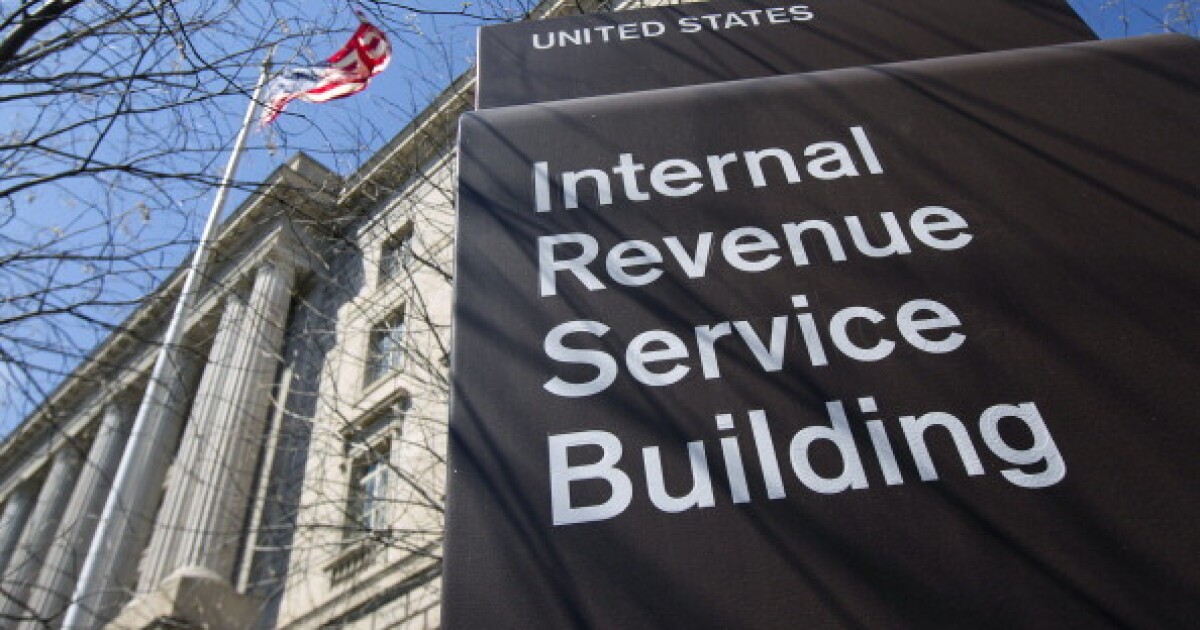The Treasury Department and the Internal Revenue Service are planning to withdraw regulations that labeled basis-shifting transactions among partnerships and related parties as “transactions of interest” akin to tax shelters and stop imposing penalties on them.
In Notice 2025-23, the Treasury and the IRS said Thursday they intend to publish a notice of proposed rulemaking proposing to remove the basis-shifting TOI regulations from the Income Tax Regulations.
The notice provides immediate relief from penalties under Section 6707A(a) to participants in transactions identified as transactions of interest in the Basis Shifting TOI Regulations that are required to file disclosure statements under Section 6011, and (ii) penalties under Sections 6707(a) and 6708 for material advisors to transactions identified as transactions of interest in the basis-shifting regulations that are required to file disclosure statements under § 6111 and maintain lists under Section 6112.
The notice also withdraws Notice 2024-54, 2024-28 I.R.B. 24 (Basis Shifting Notice), which describes certain proposed regulations that the Treasury Department and the IRS intended to issue addressing partnership related-party basis-shifting transactions.
The Treasury and the IRS issued the final regulations in January after receiving comments that the original proposed regulations could impose burdens on small, family-run businesses and impact too many partnerships. However, the American Institute of CPAs has urged the Treasury and the IRS to suspend and remove the rules, arguing they were “overly broad, troublesome and costly” after requesting changes in the proposed regulations last year.
The IRS and the Treasury acknowledged in Thursday’s notice that it had heard similar objections. “Taxpayers and their material advisors have criticized the Basis Shifting TOI Regulations as imposing complex, burdensome, and retroactive disclosure obligations on many ordinary-course and tax-compliant business activities, creating costly compliance obligations and uncertainty for businesses,” said the notice.
It cited an executive order in February from President Trump on implementing a Department of Government Efficiency deregulatory initiative, which directs agencies to initiate a review process for the identification and removal of certain regulations and other guidance that meet any of the criteria listed in the executive order. The Treasury and the IRS identified the Basis Shifting TOI Regulations for removal and the Basis Shifting Notice for withdrawal.
Last June, former IRS Commissioner Danny Werfel announced a crackdown on related-party basis-shifting transactions that enable partnerships to avoid paying taxes and issued guidance after the IRS uncovered tens of billions of dollars of questionable deductions claimed in a group of transactions under audit.
“Our announcement signals the IRS is accelerating our work in the partnership arena, an arena that has been overlooked for more than a decade with our declining resources,” said Werfel during a press conference last year. “We’re concerned tax abuse is growing in this space, and it’s time to address that. So we are building teams and adding expertise inside the agency so we can reverse these long-term compliance declines.”
Using complex maneuvers, high-income taxpayers and corporations would strip the basis from the assets they owned where the basis was not generating tax benefits and then move the basis to assets they owned where it would generate tax benefits without causing any meaningful change to the economics of their businesses. The basis-shifting transactions would enable closely related parties to avoid paying taxes. The Treasury estimated last year that the transactions could potentially cost taxpayers more than $50 billion over a 10-year period.
“For example, a partnership might shift tax basis from a property that does not generate tax deductions, such as stocks or land, to property where it does, like equipment,” said former Deputy Secretary of the Treasury Wally Adeyemo during the same press conference. “Businesses have also used these techniques to depreciate the same asset over and over again.”
Congress has since removed much of the extra funding from the Inflation Reduction Act that was being used to scrutinize such transactions, and the IRS has been downsizing its staff in recent months, reducing its enforcement and audit teams, with plans for further cutbacks in the weeks and months ahead.


 Economics1 week ago
Economics1 week ago
 Personal Finance7 days ago
Personal Finance7 days ago
 Accounting1 week ago
Accounting1 week ago
 Economics1 week ago
Economics1 week ago
 Blog Post4 days ago
Blog Post4 days ago
 Economics1 week ago
Economics1 week ago
 Economics5 days ago
Economics5 days ago
 Personal Finance7 days ago
Personal Finance7 days ago












